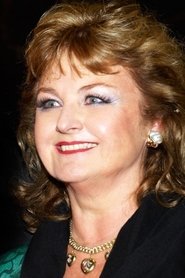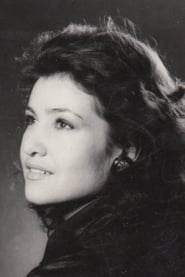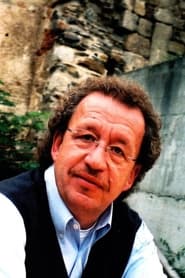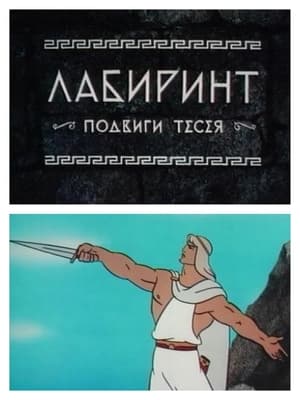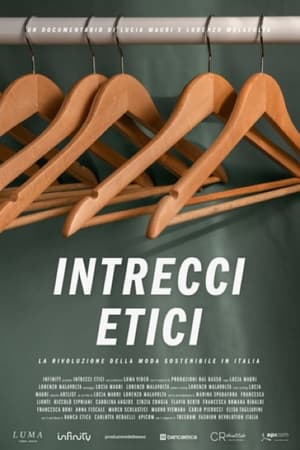
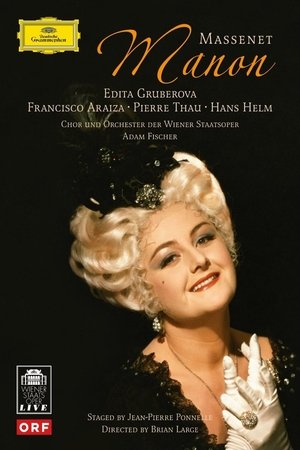
Manon Lescaut(1983)
The sets and costumes by Ponnelle are truly reflective of the 'grand style'. Plus the fact that the two lead characters are portrayed by top singers in their absolute prime - both Gruberova and Araiza weren't even 35 years old at the time of this performance, makes this production the most convincing both dramatically and musically. The conducting of Fischer is good - he makes the music come alive, much more so than the MET version.

Movie: Manon Lescaut
Top 10 Billed Cast
Lescaut
Comte des Grieux
Guillot
De Brétigny
Poussette
Javotte

Manon Lescaut
HomePage
Overview
The sets and costumes by Ponnelle are truly reflective of the 'grand style'. Plus the fact that the two lead characters are portrayed by top singers in their absolute prime - both Gruberova and Araiza weren't even 35 years old at the time of this performance, makes this production the most convincing both dramatically and musically. The conducting of Fischer is good - he makes the music come alive, much more so than the MET version.
Release Date
1983-12-28
Average
6
Rating:
3.0 startsTagline
Genres
Languages:
FrançaisKeywords
Recommendations Movies
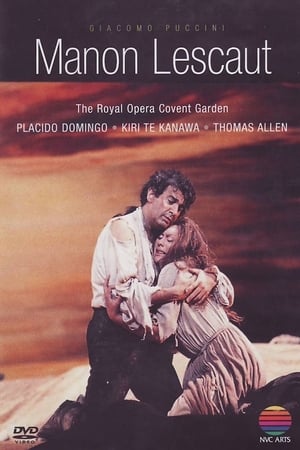 7.0
7.0Manon Lescaut(it)
"Manon", wrote Puccini to his publisher Giulio Ricordi in 1889, "is a heroine I believe in and therefore she cannot fail to win the heart of the public." This turned out to be a truly prophetic statement since none of Puccinis other world successes were received on their first nights as rapturously as Manon Lescaut. The popularity of Puccinis great masterpiece has never waned and the highly acclaimed Götz Friedrich production at Covent Garden was hailed as an operatic milestone. Two of the worlds leading stars--Kiri Te Kanawa and Placido Domingo--head a strong cast conducted by the brilliant Italian conductor Giuseppe Sinopoli.
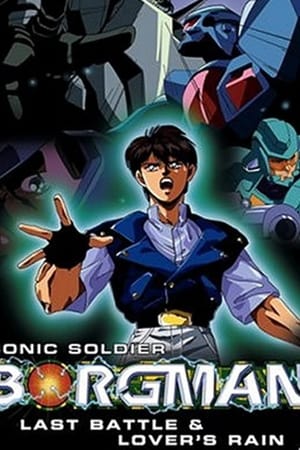 6.6
6.6Sonic Soldier Borgman: Lover's Rain(ja)
Picking up several years after the dissolution of the original Borgman team, this volume reunites the three remaining members--rocket scientist Ryo, his girlfriend Anise, and police officer Chuck Sweager--for the emotionally-driven episode "Lover`s Rain," which finds the trio facing an army of the undead bent on a rampage of murder and destruction.
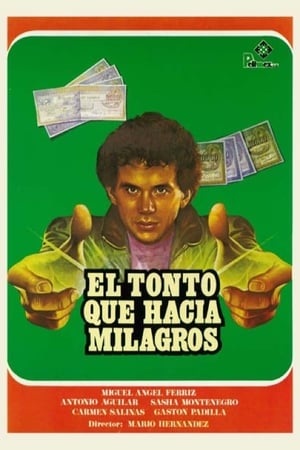 5.0
5.0El tonto que hacía milagros(es)
A movie projectionist discovers that he has magical powers.
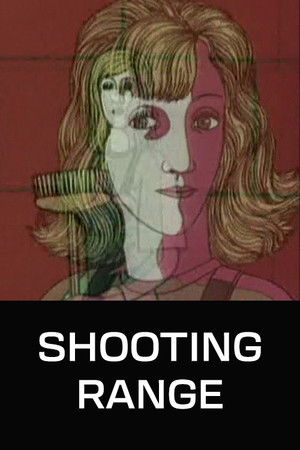 4.4
4.4Shooting Range(en)
An unemployed American gets a job in a shooting gallery as a live target. The greedy capitalist owner charges patrons double for the chance to shoot at a human being.
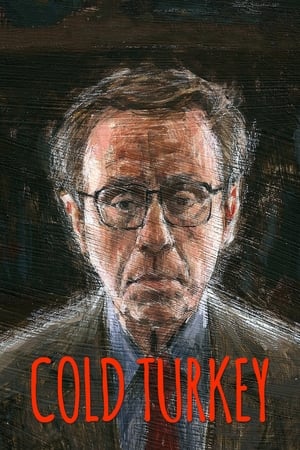 3.0
3.0Cold Turkey(en)
Thanksgiving get-together for the eccentric Turner clan goes from bad to worse when estranged daughter Nina makes a surprise visit home for the first time in 15 years. Nina clashes with her stepmother Deborah, and sister, Lindsay, while half-brother Jacob tries to keep a massive gambling debt a secret. Meanwhile, family patriarch Poppy has his own dramatic news to share. “Cold Turkey” is a black comedy about how – despite our best efforts – we all eventually turn into our parents.
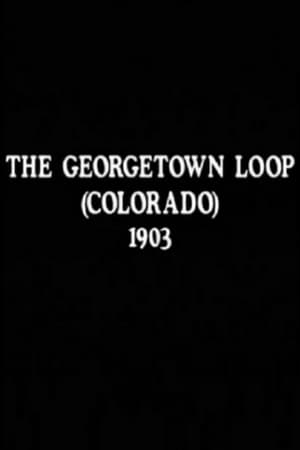 5.3
5.3The Georgetown Loop (Colorado)(en)
Georgetown, 1901. A silver-mining town at 8,500 feet near the crest of the Rockies. Hooked somehow to the rear of a four-car passenger train is a camera that pans the scenery and, when the train goes around curves, looks ahead to see the engine and passenger cars: the passengers wave hundreds of white handkerchiefs out of the train's left-side windows for the benefit of the camera. The town comes into view; the tracks are above the town, so the camera looks down on dozens of modest rooftops as it pans the area. (AMB 1901, copyrighted 1903.)
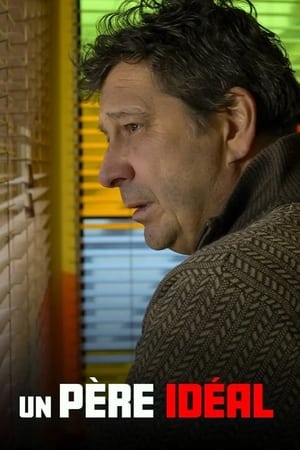 6.3
6.3An Ideal Father(fr)
Michel, the jovial owner of the only café in a small Normandy town, sees his life turned upside down when his teenage daughter is murdered. The community has his back but soon rumor spreads and Michel is singled out. From the ideal father, he becomes the ideal culprit.
 7.6
7.6Together(no)
A family of a father, a mother and their son is looking forward to go on vacation. On the way they experience an accident, and their lives are suddenly and unexpectedly turned upside down.
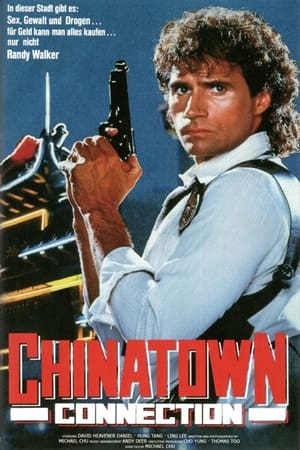 3.0
3.0The Border of Tong(en)
Randy Walker (David Heavener), a streetwise cop, knows that the smoke-filled parlors of the Tong breed violence and corruption. He is determined to run things his way. One night in peaceful Seattle, a Tong gambling parlor is wiped out in a bloody massacre. Two men are caught; only Joe Wong (Daniel Hung Tang) - an innocent accomplice - manages to escape. Realizing that the others are brutal murderers, Joe becomes a man on the run - from the cops, from the FBI, and from the Tong's deadly hit squad. He meets Vinny (Hwee Ling Lee), an enslaved prostitute. Desperate and trapped, they escape together, hunted by Walker, the cop who won't quit until he tracks them down. But there's no way out for the two lovers. In an act of passion, Vinny takes the bullet meant for Joe. Joe has only one choice left - to face the relentless Walker. Both men know that when they meet again, only one will walk away.
The Toe Tactic(en)
Mona is nearly overwhelmed by grief and depression. After her father's death, she's cut herself off: leaving teaching - she now temps as an office assistant, ignoring her mother's calls, talking to herself in mirrors, and rejecting any offered intimacy. She's watched over by comic extraterrestrial beings whom we see as cartoon squiggles. They ensure that random acts bring her connections - with a neighbor boy, his mother, and his surreptitious piano teacher (the lad wants to surprise his mom). She also meets an elevator operator in the building where she temps for Ms. Hadaway, a widow with perfect diction. Can Mona take a few steps on the road to expressing emotion?
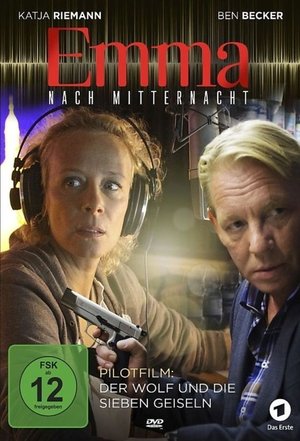 4.0
4.0Emma nach Mitternacht - Der Wolf und die sieben Geiseln(de)
Emma Mayer is a psychologist and advises people in crisis situations. She works at a radio station in Mannheim and does her best to provide callers with help and support. When a hostage-taker calls her during a broadcast, her expertise and improvisation are called for, as the caller forces her to move out of the studio and confront him directly. When she arrives at the petrol station, Emma gets involved in a question-and-answer game: For every correct answer, a hostage is allowed to leave; for every wrong answer, a hostage loses their life.
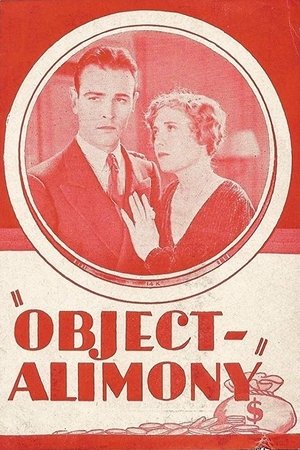 6.0
6.0Object: Alimony(en)
Ruth Butler, a clerk in an emporium, marries Jimmy Rutledge and thereby greatly displeases his mother, the owner of the emporium, because of Ruth's lowly origins. Renaud Graham, one of Mrs. Rutledge's friends, becomes interested in Ruth, forces his way into her apartment, and attempts to make violent love to her. Jimmy walks in on their embrace and, suspecting the worst, leaves Ruth. In the family way, Ruth finds refuge in a boardinghouse where she meets Al Bryant, an aspiring writer. Ruth tells Al her life story, and he makes it into a bestselling novel and then into a play. Jimmy sees the play and comes to his senses, winning Ruth's forgiveness.
 5.7
5.7Murder on D Street(ja)
A soba restaurant owner dies mysteriously on D. Street. The police rule it as a suicide, but detective Akechi Kogoro and his wife Fumiyo think otherwise and launch their own investigation. As they delve deeper, they discover relationships twisted by perverted desire and hideous affection and hatred.
 5.6
5.6Mona Lisa(ja)
An experimental short film from Toshio Matsumoto featuring Mona Lisa.
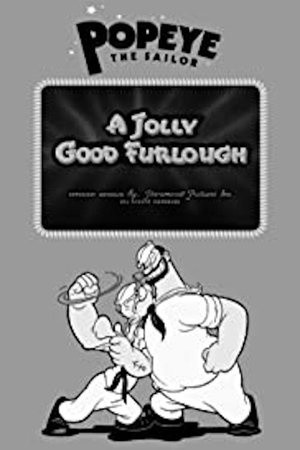 6.0
6.0A Jolly Good Furlough(en)
Popeye is doing a great job of sinking Japanese ships (complete with toilet-flush sound effect). A carrier pigeon brings him notice that he's been granted a month furlough, which he plans to spend with Olive and his nephews. But on arrival, he's run over by Olive, who immediately leaves him alone with his nephews, who are practicing home defense.
Similar Movies
 7.0
7.0Operette(de)
A musician is offered a job in Vienna as stage director, but his disagreements with the aristocratic opera manager end in abrupt firing in spite of a mutual attraction. He's quickly engaged by another theatre and becomes famous for his lavish stage productions and fine acting, which begins their golden age with Suppé and Strauss.
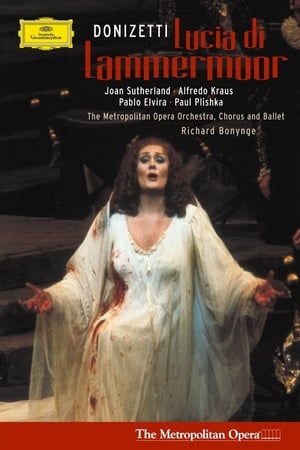 0.0
0.0Lucia di Lammermoor(it)
This telecast offers a rare opportunity to see the legendary Joan Sutherland in the role that first catapulted her to international stardom. She drove audiences wild by the way her opulent voice caressed the music’s long phrases and sprinted effortlessly through the fiendish runs, trills, embellishments and stratospheric high notes. One of the glories of the operatic world, her portrayal of Donizetti’s hapless heroine is a multifaceted and moving characterization. The incomparable tenor Alfredo Kraus is Edgardo, the man Lucia loves but cannot have. (Performance taped November 13, 1982. Broadcasted September 28, 1983.)
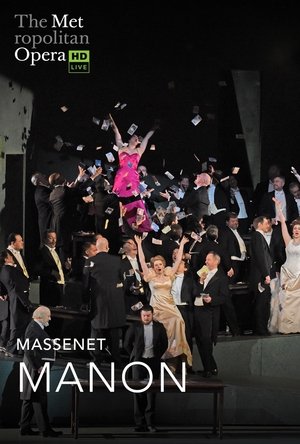 10.0
10.0The Metropolitan Opera: Manon(fr)
Massenet’s tale of passion, excess, and their consequences stars rising soprano Lisette Oropesa in the effervescent title role. Tenor Michael Fabiano is her ardent admirer, Chevalier des Grieux, with Maurizio Benini conducting Laurent Pelly’s enchanting production.
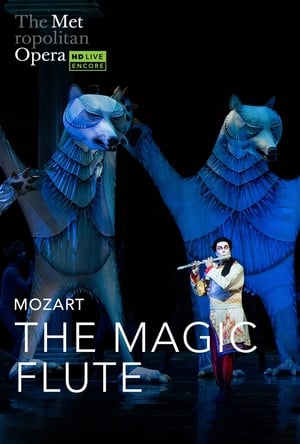 0.0
0.0The Metropolitan Opera: The Magic Flute(en)
Julie Taymor’s kaleidoscopic production returns to select cinemas this holiday season in an encore presentation of the company’s first-ever Live in HD transmission that includes tenor Matthew Polenzani, baritone Nathan Gunn, and bass René Pape in this abridged, English-language version of Mozart’s classic fable.
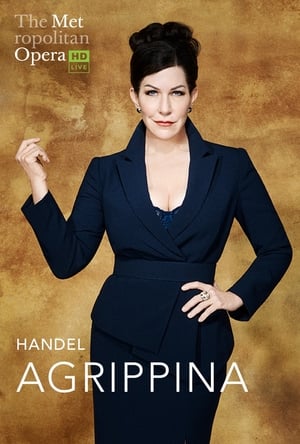 0.0
0.0The Metropolitan Opera: Agrippina(it)
As the imperious title empress, mezzo-soprano Joyce DiDonato leads the Met premiere of Handel’s tale of deception and deceit. Harry Bicket conducts Sir David McVicar’s wry new production, which gives this Baroque black comedy a politically charged, modern updating.
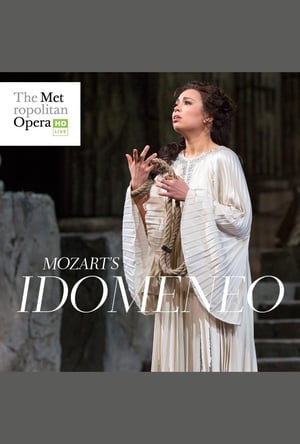 4.0
4.0The Metropolitan Opera: Idomeneo(it)
Mozart’s early masterpiece returned to the Met for the first time in more than a decade with Music Director Emeritus James Levine, who led the work’s company premiere in 1982, again on the podium. Tenor Matthew Polenzani brings both steely resolve and compassionate warmth to the title king of Crete, who is faced with an impossible decision. With her rich mezzo-soprano, Alice Coote sings the trouser role of Idomeneo’s son Idamante, who loves the Trojan princess Ilia, sung with delicate lyricism by Nadine Sierra. Elza van den Heever gives a thrillingly unhinged portrayal of the jealous Elettra. Jean Pierre-Ponnelle’s timeless production blends the grandeur of ancient myth with the elegance of Enlightenment ideals.
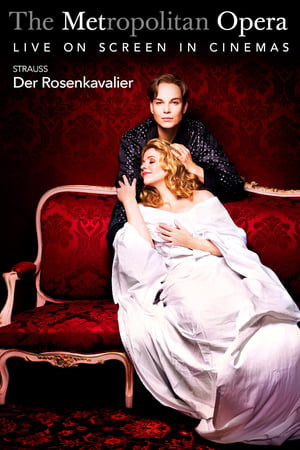 7.0
7.0Der Rosenkavalier(de)
In his new production, Robert Carsen places the action at the end of the Habsburg Empire, underscoring the opera’s subtext of class and conflict against a rich backdrop of gilt and red damask
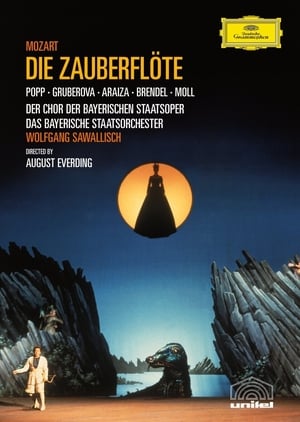 0.0
0.0The Magic Flute(de)
The Queen of the Night enlists a handsome prince named Tamino to rescue her beautiful kidnapped daughter, Princess Pamina. Aided by the lovelorn bird hunter Papageno and a magical flute that holds the power to change the hearts of men, young Tamino embarks on a quest for true love, leading to the evil Sarastro's temple where Pamina is held captive.
Zaryadye Hall: A Diamond is Hatched(ru)
Concert and documentary celebrating the 1st Anniversary of Moscow’s Zaryadye Hall
Car Men(xx)
Car Men is a collaboration between the renowned choreographer Jíri Kylían and filmmaker Boris Paval Conen. Based on the opera 'CARMEN' by Georges Bizet they shot a hilarious and poetic short film in the destroyed landscape of a Czech brown coal mine. The actors in this film are older dancers from Kylían's troupe (around 50 years old) and the main prop is a 'TATRA 87', a famous car from 1937.
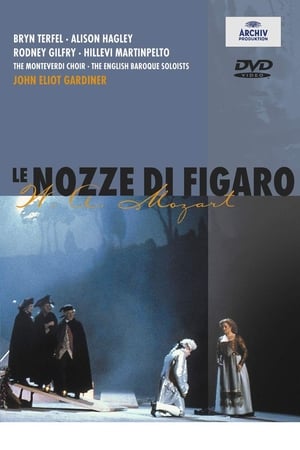 10.0
10.0The Marriage of Figaro(it)
This is a good video of "Figaro", but there are a couple of better ones available. The Bohm and the Pappano are better still due to the female members of the casts. The reason for buying this one is the "Figaro", Bryn Terfel. No one can top him today in that role. John Eliot Gardiner also stands out. Many of us have voiced their opinion that If the Metropolitan Opera would release it's 1998 version, that would be the one to get.
 0.0
0.0Puccini: Manon Lescaut(it)
All the throbbing eroticism—and ultimate heartbreak—of Puccini’s youthful score is unleashed by James Levine and his top-flight cast. Plácido Domingo is Des Grieux, the handsome, headstrong young aristocrat who falls head over heels for the enticing, impetuous Manon Lescaut (Renata Scotto). Manon returns his love, but her obsession with luxury ruins them both. Gian Carlo Menotti’s opulent production, with sets and costumes by Desmond Heeley, superbly captures the colorful world of 18th century France.
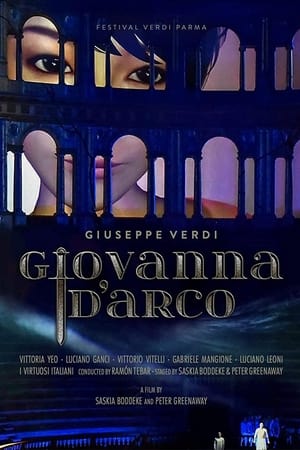 0.0
0.0Giovanna D'Arco(en)
With more than 50 years of experience as film director, Peter Greenaway (Nightwatching, Eisenstein in Guanajuato) combines the worlds of film and opera at the Verdi Festival in Parma, demonstrating what magic those two can do together with an all new approach to Giuseppe Verdi's Giovanna d'Arco, staged and edited by himself and his wife, Saskia Boddeke. The opera's libretto is based on Friedrich Schiller's 'The Maid of Orleans'. It tells the story of the French national hero Jeanne d'Arc, who defends her country against the English troops during the Hundred Years' War. Constantly torn between her humble roots, her love for King Charles VII and her heavenly task to fight for France, she gains eternal glory by giving her life in the final, victorious battle against England.
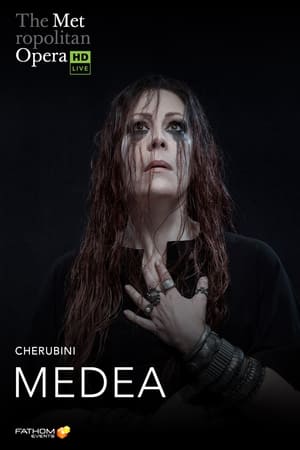 0.0
0.0The Metropolitan Opera: Medea(it)
Having triumphed at the Met in some of the repertory’s fiercest soprano roles, Sondra Radvanovsky stars as the mythic sorceress who will stop at nothing in her quest for vengeance. Joining Radvanovsky in the Met-premiere production of Cherubini’s rarely performed masterpiece is tenor Matthew Polenzani as Medea’s Argonaut husband, Giasone; soprano Janai Brugger as her rival for his love, Glauce; bass Michele Pertusi as Glauce’s father, Creonte, the King of Corinth; and mezzo-soprano Ekaterina Gubanova as Medea’s confidante, Neris. Carlo Rizzi conducts.
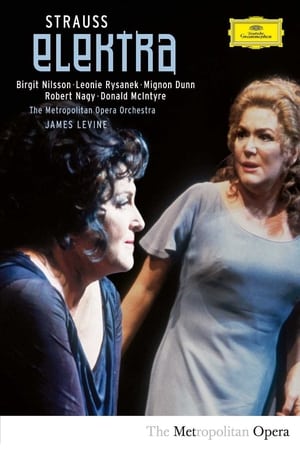 0.0
0.0Strauss: Elektra(en)
It's hard to imagine confirmed Straussians not wanting this starry Metropolitan Opera performance of Elektra. Strauss and his librettist, Hugo von Hofmannstahl, transformed Sophocles' take on Homer's tale into a harrowing opera noir. Elektra lives for one reason, to kill her mother, Klytämnestra, and her stepfather, Aegisth, the murderers of her father, Agamemnon. In contrast to Elektra's vengeful obsession, her sister Chrysothemis desires to get on with life. When their long-missing brother, Orestes, returns to do the deed, Elektra celebrates with a dance of death and, her sole purpose in life fulfilled, dies. Strauss joined the hermetic plot to music of the utmost opulence, violent and yearning by turns, evoking the cardinal principles of Greek tragedy - pity and terror.
 7.0
7.0Aida - Arena di Verona(it)
The grand scale and magnificent acoustics of the Roman arena in Verona are ideally suited to the pageantry of Verdi's Egyptian opera, presented here in a staging that is true to the original 1913 production, framed by obelisks and sphinxes and filled with chorus and dancers. Chinese soprano Hui He has won international acclaim for her portrayal of the eponymous slave girl whose forbidden love for the war hero Radamés (Marco Berti, the experienced Verdi tenor) brings death to them both.
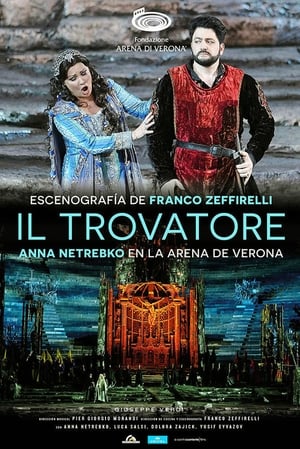 0.0
0.0Arena di Verona: Il Trovatore(it)
It's an event that draws many thousands of music lovers to one of the most beautiful cities in the world every summer: the opera season at the ancient Arena di Verona. The 2,000-year-old roman amphiteatre with its gigantic stage dimensions is one of the largest and best preserved Roman construction of its kind, and with over 22,000 seats it is undoubtedly one of the most spectacular open-air venues of the world! The revered master of opera Franco Zeffirelli, who died shortly before the premiere of Il Trovatore, created a legendary scenery with groups of giant sized armoured knights, a fortress turning into a luminous cathedral, an enormous choir, horses, breathtaking fights: “his perhaps best arena production” (Opernglas). It brings Anna Netrebko to the Arena of Verona where she is giving her much-anticipated debut in one of Giuseppe Verdi’s most popular operas.
 6.6
6.6Farinelli(fr)
The life and career of Italian opera singer Farinelli, considered one of the greatest castrato singers of all time.
